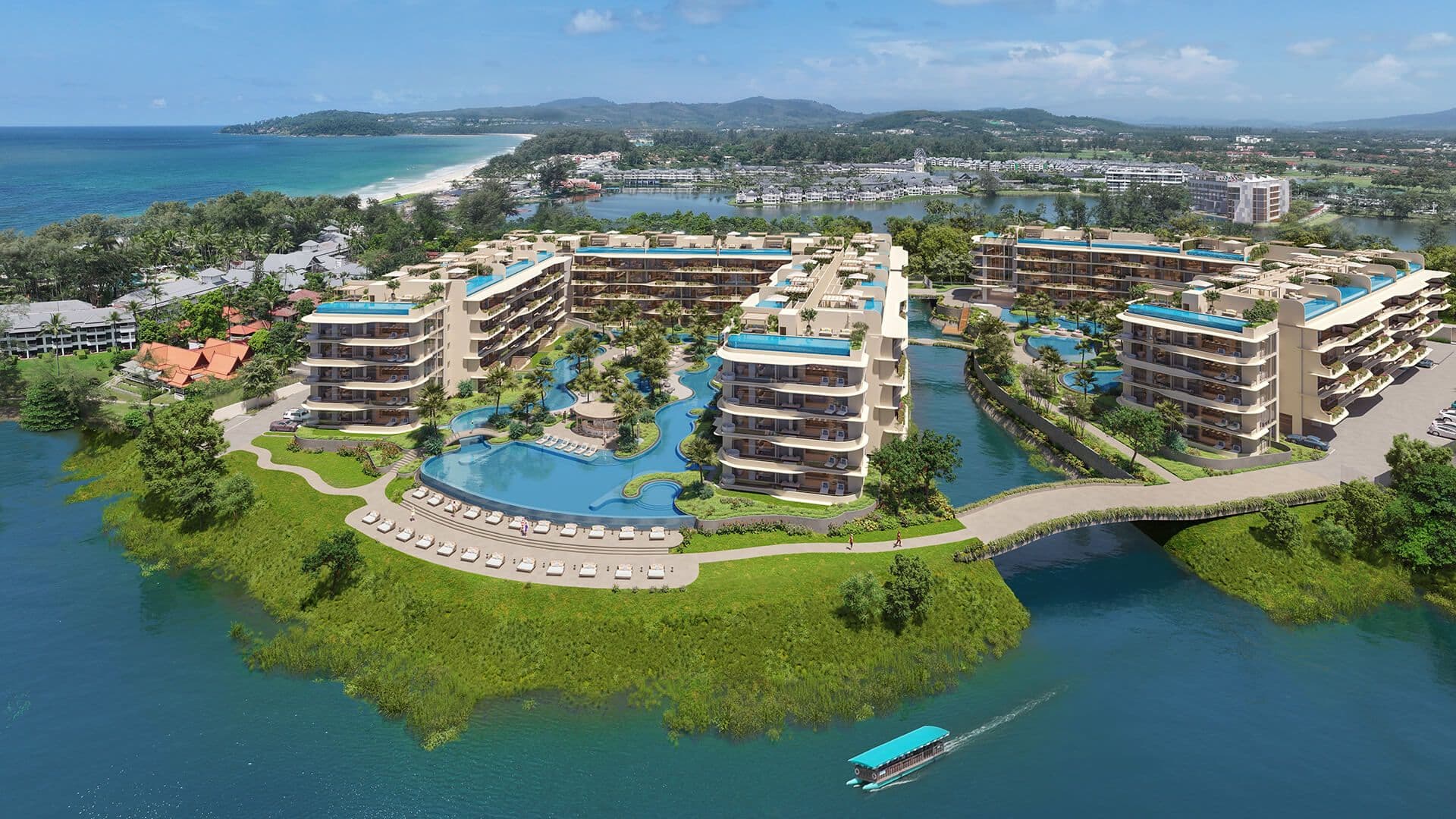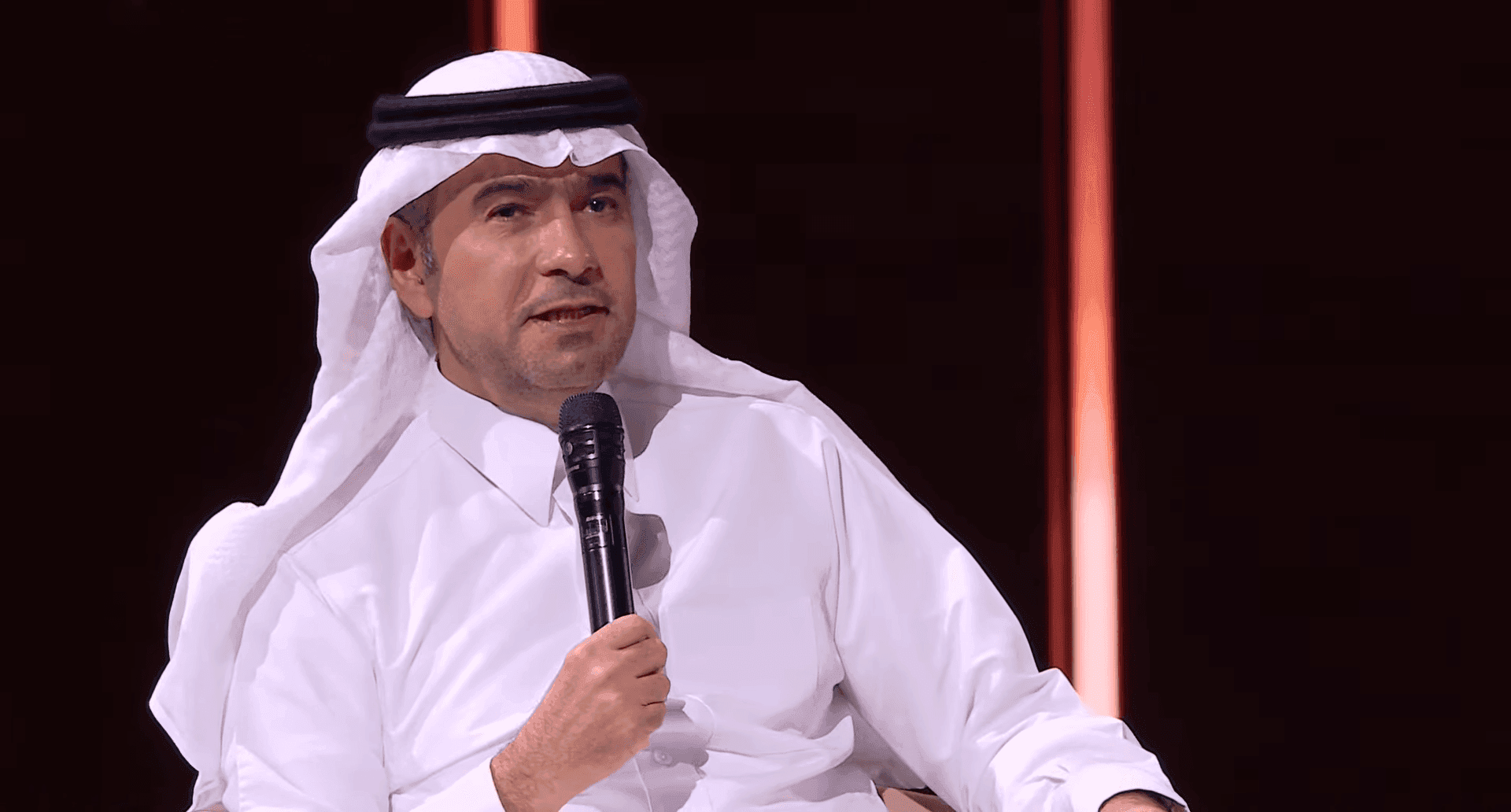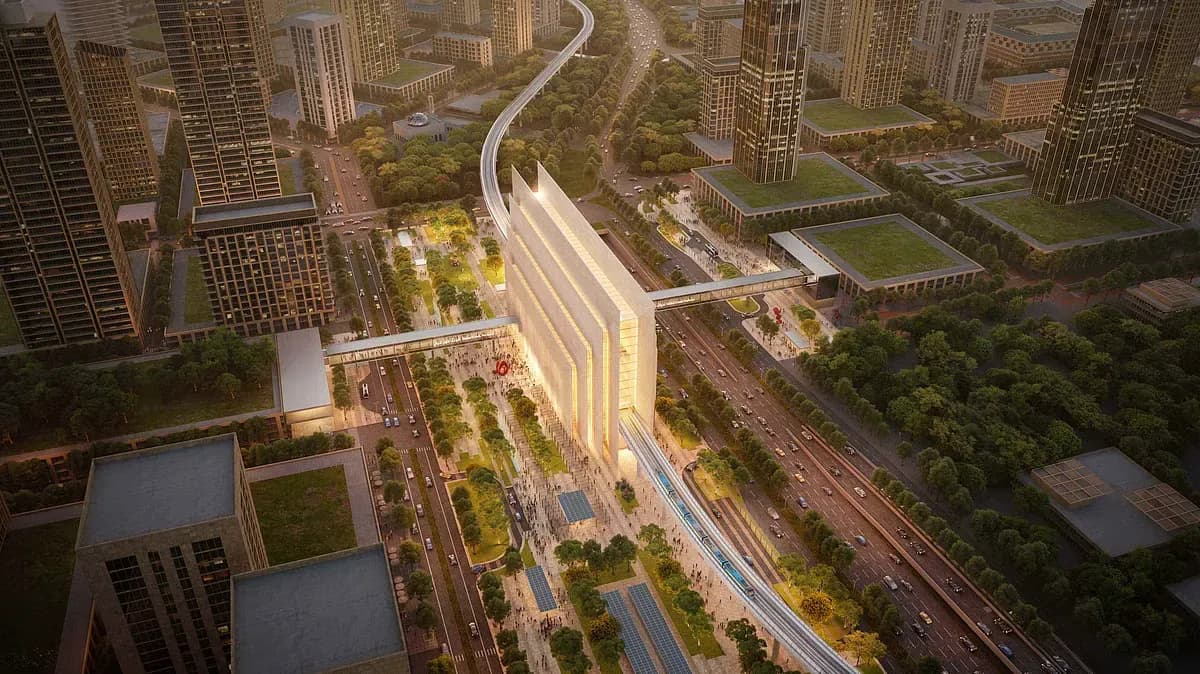A Vision Inspired by Dubai - Worth the investment?
Alabbar’s proposal comes at a time when Egypt is actively courting foreign investment, especially from Gulf states. The UAE alone has committed over $35 billion in real estate and tourism, including the massive Ras El Hekma coastal development deal, Egypt’s largest foreign direct investment to date.
Supporters say the downtown Cairo project could breathe new life into a neglected area, boost job creation, and help reposition Cairo as a world-class city. But critics argue that the costs, both cultural and economic, are dangerously high.
Feedback from Heritage Advocates and Economists
Architects, historians, and urban planners are raising red flags. The heart of Cairo is not just bricks and mortar, they argue, it is a living museum of Egyptian identity, home to Art Deco gems, colonial-era facades, and neighborhoods that have witnessed the nation’s political and cultural evolution for over a century.
“Turning Cairo into another Dubai risks erasing what makes this city unique,” said Nabil Fahmi, an urban heritage expert. “Modernization should not come at the cost of history.”
Others fear the redevelopment could accelerate gentrification and push working-class residents out of their neighborhoods, widening Egypt’s economic gap.
There’s also growing unease over foreign influence, particularly from the Gulf. Egypt’s increasing dependence on Gulf investments has led some to question whether projects like these shift too much power away from Egyptian hands.






